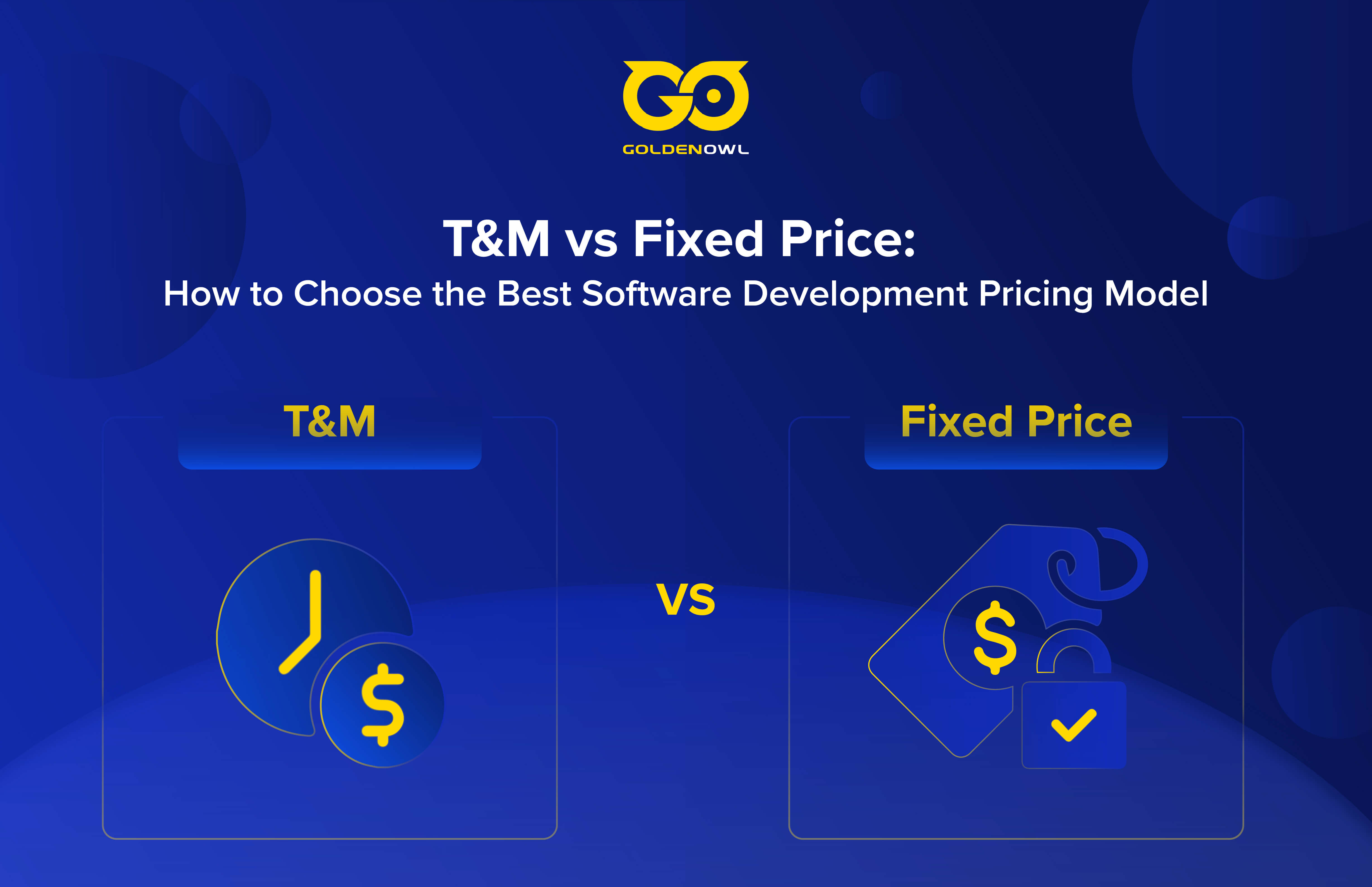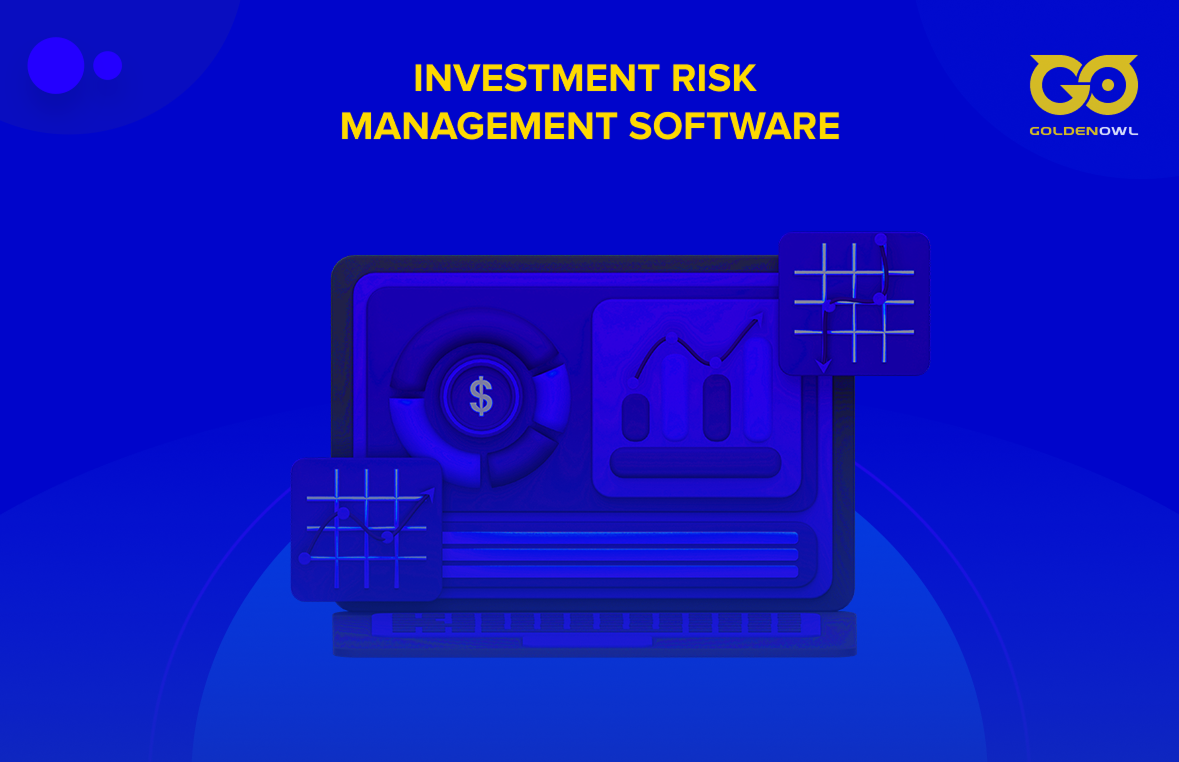The breach of personal information is a common occurrence. It's a huge risk to run a company without an appropriate data loss prevention strategy.
Due to the fact that a new cybersecurity breach occurs almost every week, 2018 was dubbed the "year of the data breach."
Data breaches are becoming more widespread, and no company is safe from them. The concern on how to prevent data breaches for businesses is still a constant issue for companies of all sizes.
Stolen data or data corruption might result in irreversible damage and be a costly burden.
In the event of a catastrophe, you should have contingency plans in place. Here are some tried-and-true strategies on how to prevent data breaches that businesses can totally apply.
HOW DO DATA BREACHES HAPPEN?
The value of information is enormous. It may be used for basic marketing or for more sinister purposes, such as identity theft and financial fraud.
Thieves may make a lot of money stealing information, regardless of the sort of data.
Hackers are well-known for coming up with novel techniques to steal critical information.
Hackers exploited a weakness in earlier versions of Microsoft Windows in the 2017 WannaCry virus, which affected more than 200,000 people across the world.

A security patch to correct the problem was provided a few months before WannaCry, but many Windows users never updated it, leaving them exposed to the infection.
Some data breaches are unintentional, such as sending personal information by email to the wrong address, but the majority are intentional.
Both of these are potentially harmful, and you should be wary of any data breaches.
Not all data breaches, however, are the result of a complex virus. Human mistake can also be the root of many of these problems.
Read more: The super power of Super Apps for enterprises
HOW TO PROTECT PREVENT DATA BREACHES FOR BUSINESSES
1. Employ Role-based access control (RBAC)
Only employees who require firm data to execute their jobs should have access to it, this is what RBAC mean.
According to Kaspersky, a worldwide cybersecurity organization, cybercriminals see employees as the method of least resistance inside a corporation.

To reduce the risk, make sure only authorized staff have access to your data and that you have a proper data loss prevention strategy and network protection.
Role-based access control (RBAC) is a cost-effective data loss prevention strategy to determining who has access to what data based on their position in the firm.
Low maintenance costs and better efficiency are two of the advantages.
You may use RBAC to limit data access to only that which is required for an individual to execute their job.
This data loss prevention strategy also reduces the risk of a data breach by limiting the circulation of extremely sensitive data.
2. Passwords
Passwords are one of the simplest data loss prevention strategies to defend against data breaches, as we've already mentioned.
Ensure that passwords must meet specified criteria in enterprise systems.
The strongest passwords are those with no repetition or consecutive characters, at least 12 letters, and a mix of capital, lowercase, digits, and symbols.
This is the most basic degree of defense, yet it is quite effective.
Read more: mCommerce - the next trend of eCommerce industry in 2022!
It's also important to utilize two-factor authentication (when a second device or app receives additional information like a code that you then enter into the original device or app).
Even if a password has been stolen, the attacker will still require access to the second device or app.
3. Employee training.
Employees must be aware of your rules and processes in order to prevent data breaches for businesses.
Define your password requirements, user access rules, and any other security measures you have in place. Give examples of how people get knowledge in various settings.

Employees should be alerted to calls from people who are asking for personal or business information over the phone.
One mistaken click on a virus-infected email might put your entire network at risk.
To reduce the chances of this happening, employees should be trained to recognize "phishing emails" (false emails that attempt to get sensitive information) and emails with attachments coming from strangers.
4. Use software
Investing in reliable antivirus, antimalware, and firewall software is the most optimal data loss prevention strategy.
The correct software will identify any dangers to your system's security and block websites that have been known to be hazardous in the past or include any code that is dubious.
Special features are routinely built into security software to cater to specific corporate or individual needs.
Preparing ahead of time and choosing the correct software for the type of job you perform might save you a lot of time and frustration.

Read more: 5 reasons that make beacon technology beneficial for businesses
Another benefit of purchasing good software is that software developers will be continually working on upgrades.
New patches and technologies will be employed to prevent data breaches for businesses on a regular basis if you maintain your software up to date.
In the end, data security and protection are no longer a luxury for any company, large or small.
Given the fast advancement of technology and the rise in cyberattacks, investing in cybersecurity is a modest price to pay for peace of mind.
Let Golden Owl carry your worry away with our data protection software, applying cutting-edge technology with the latest data security methods for businesses to run smoothly and safely. Please contact us right away!























